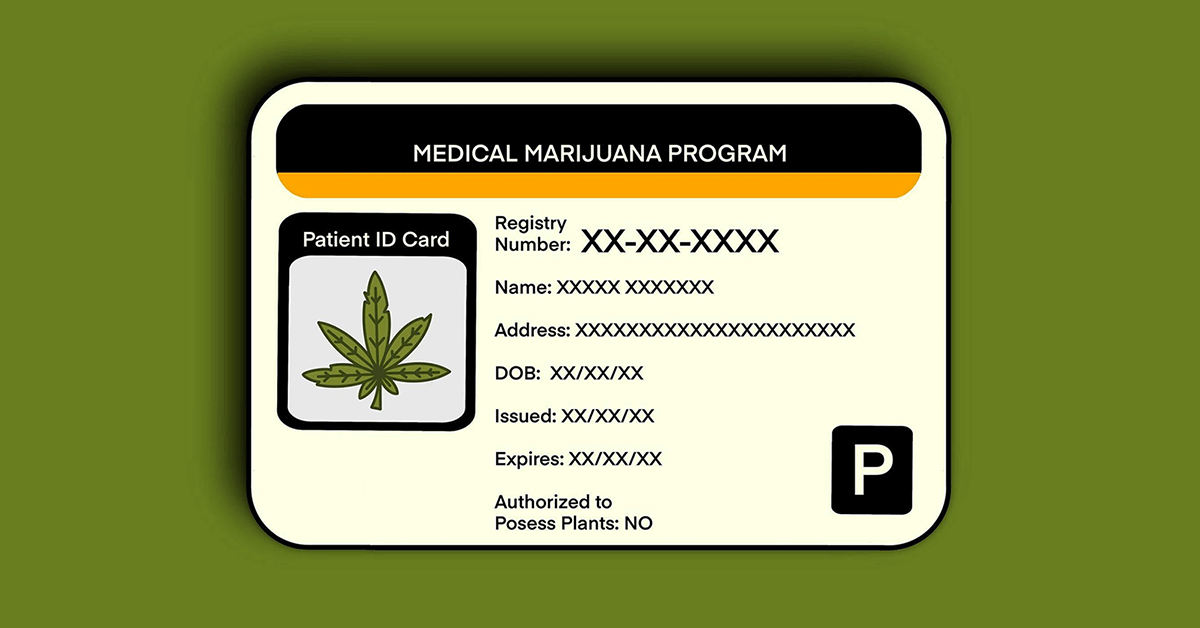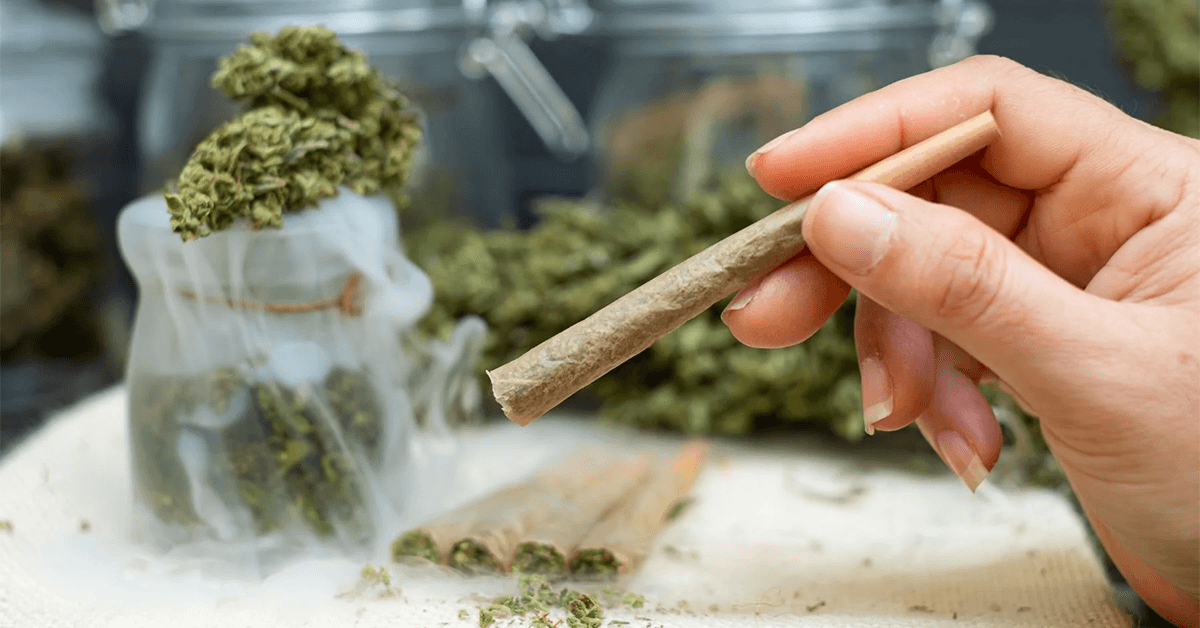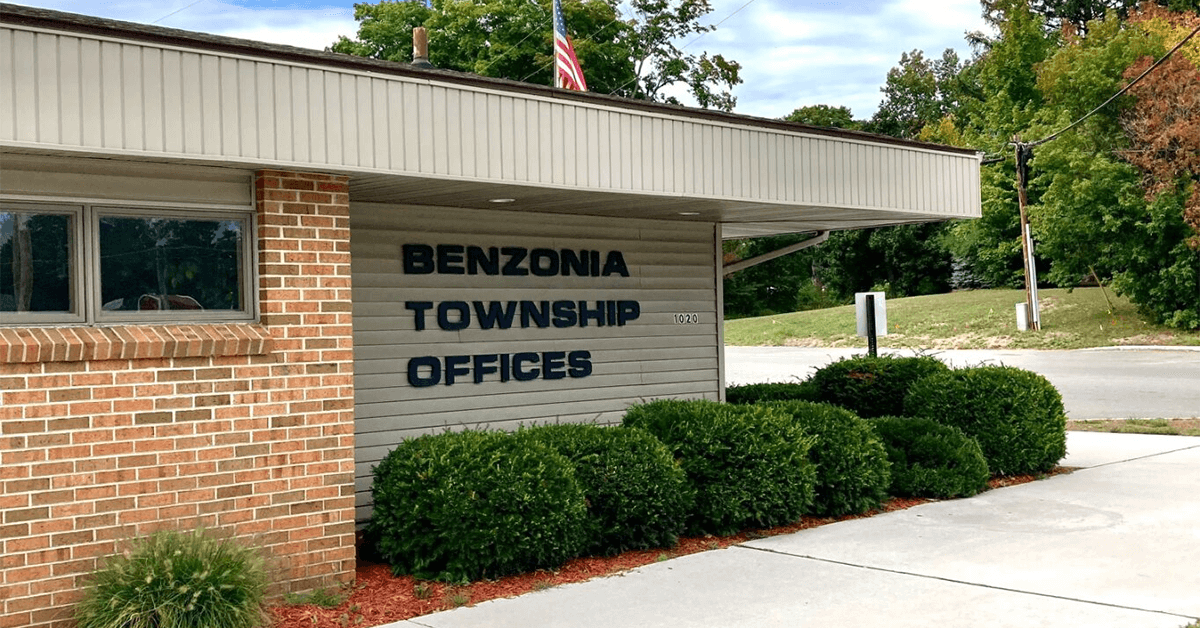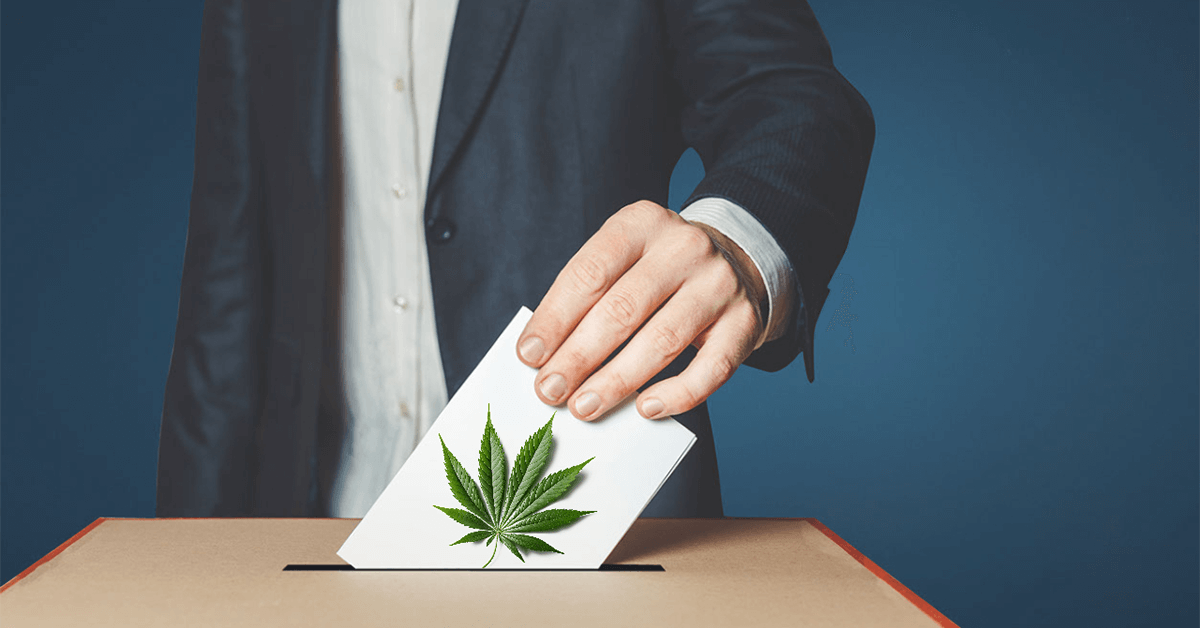The Therapeutic Journey: Understanding Michigan's Medical Cannabis Process and Benefits

The conversation around cannabis in Michigan has evolved significantly, particularly in the realm of medical use. Dr. David Crocker, a radiologist and co-owner of Michigan Holistic Health, champions the therapeutic application of cannabis, especially for chronic pain—a condition explicitly recognized under state law for medical cannabis use.
According to Dr. Crocker, Michigan recognizes about 20 different conditions that qualify individuals for a medical cannabis card. Among these, chronic pain is the most prevalent, but the spectrum of qualifying conditions extends to psychological issues such as PTSD, autism, and OCD, as well as physical ailments like cancer and chronic nausea.
For those in Michigan considering a medical cannabis card, the process mirrors that of a conventional medical appointment. Interested individuals initiate contact typically by phone, leading to the gathering of medical records. After a review, either a telephonic or in-person consultation follows to discuss one's condition and educate about cannabis. Subsequently, the necessary paperwork is assembled to apply for a card. Once mailed to the state, the card is usually issued within a few weeks.
Despite the potential health benefits, Dr. Crocker notes a lingering stigma within the medical community towards cannabis. He observes that many doctors, unfamiliar with cannabis from their medical training, are hesitant to recommend it. This hesitancy often stems from a lack of knowledge about its benefits, appropriate dosing, and general usage.
Nevertheless, acceptance is growing, especially since the legalization of recreational cannabis in Michigan in 2018. While recreational use is restricted to those over 21, medical cards can be issued to adults 18 and older, and under certain circumstances, to minors. These cases require the approval of two physicians and a guardian responsible for managing and overseeing the dosage.
Dr. Crocker pointed out that even before recreational cannabis was permitted, many sought medical cards as their only legal access point to cannabis. With recreational dispensaries now operational, there's been a noticeable decline in medical card applications, though benefits like more rigorous testing for contaminants and lower taxes still make the medical route appealing.
For medical users, experiencing a 'high' is not a requisite for relief. Dr. Crocker highlighted that the right dosage and form—like edibles—can provide relaxation and physical comfort without significant psychoactive effects, particularly important for elderly patients.
Personal testimonies further corroborate the benefits of a medical cannabis card. Rayna Freeman, a kinesiology sophomore, used her medical card to manage chronic headaches and nausea. The process, as outlined by Dr. Crocker, involved a form completion, a telephonic consultation, and a parental consent for minors. Freeman emphasized the relief she experienced, which profoundly improved her daily life.
Similarly, Haven Youngblood, a creative advertising sophomore, pursued a medical card for insomnia and anxiety. Knowledge of cannabis benefits, supplemented by familial connections to the cannabis industry, facilitated her access, significantly enhancing her sleep quality and reducing anxiety.
These experiences underline a growing acceptance and recognition of medical cannabis's role in managing and alleviating various medical conditions, reflecting a broader shift towards embracing its therapeutic potential within Michigan's medical community.
Share this article:
Spotted a typo, grammatical error, or a factual inaccuracy? Let us know - we're committed to correcting errors swiftly and accurately!








 Helpful Links
Helpful Links